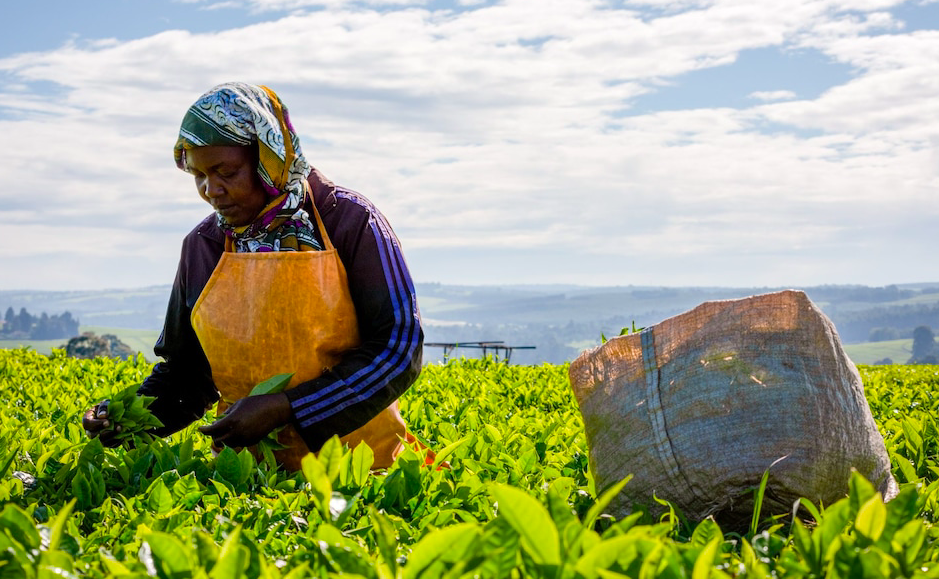The legacy of western imperialism continues to prevail. As western corporations refuse to release their tight grip on African resources, they simultaneously have no type of consideration towards the conditions African workers that are doing the groundwork for them face. Horrifying evidence of this is at the Unilever and James Finlay tea plantations in Kenya.
With recent and ongoing instances of injustice in these workplaces, these plantations and their companies showcase the sneaky ways colonialism still infiltrates society, perpetuating systemic exploitation in Africa. Here’s some of the latest abuses occurring within these companies.
“Sex for Work: The True Cost of Our Tea”
On February 20th, 2023, BBC Africa Eye released the investigative documentary, “Sex for Work: The True Cost of Our Tea.” Reporter and producer, Tom Odula, spent 18 months exposing the sexual harassment and abuse female workers on the plantations face. Local supervisors force women into sexual acts for jobs and easier duties. Since there’s such a high demand for work, jobs are limited and women that need the position in order to take care of their families are taken advantage of.
Odula reports that over 70% of the women he spoke to at both tea plantations experienced sexual abuse. Many of these women have also contracted HIV from their supervisors.
While it may not be the corporate offices of Unilever and James Finlay that are directly imposing these specific abuses on female workers, as owners of multi-billion dollar companies, any maltreatments reported in the workplace should be recognized and dealt with. The reality is, everything was overlooked until the viral release of this documentary, and now it’s time for them to save face.
A History of Colonization in Kenya with Tea Plantations:
Kenya is one of the world’s largest global tea exporters. It comes as no shock that these tea plantations both started while Kenya was still under British colonial rule. Other British tea companies transferred from Sri Lanka to Kenya in the 1970s.
Kenyan workers maintain a history of having some of the highest production rates coupled with the lowest pay rates. Many workers barely receive a living wage at that.
These tea companies however, are (or were at some point) parent companies of popular tea brands such as: Lipton, PG tips, Pukka, T2, TAZO and more. One would think there would be a sufficient amount of money to adequately pay workers.
On top of that, over 1000 Kenyan employees at James Finlay filed a lawsuit highlighting musculoskeletal injuries over the summer of 2022. They claimed their work conditions on the tea farms made them prone to these injuries. The Scottish company stalled the lawsuit while citing “cultural differences” being the reason they shouldn’t have to pay the damage. They state that as Kenyan workers, they should deal with the dispute under Kenya’s courts.
James Finlay’s corporate team also used the words “oppressive” and “costly” to describe the lawsuit.
As we know, colonialism comes hand-in-hand with the disenfranchisement of local citizens. British-based Unilever does this under the guise of housing for workers. They provide small spaces with poor living conditions for workers and their families. They also offer schools and small hospitals and deduct fees from their workers’ pay. Most children cannot afford to pursue a higher education and have to look for jobs on the plantations.
There have been countless demands for pay increases for these Kenyan workers, yet they are constantly tabled by corporate teams in the UK. It’s just ironic considering the fact that these multi-billion dollar companies continue to exploit Kenya for its resources and workers, and still-in this modern age-don’t have the common decency to give these workers the right conditions and wages to ensure a positive quality of life at the least.
But the fact is, colonists never cared and they never will.








